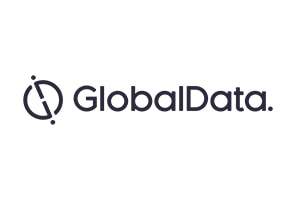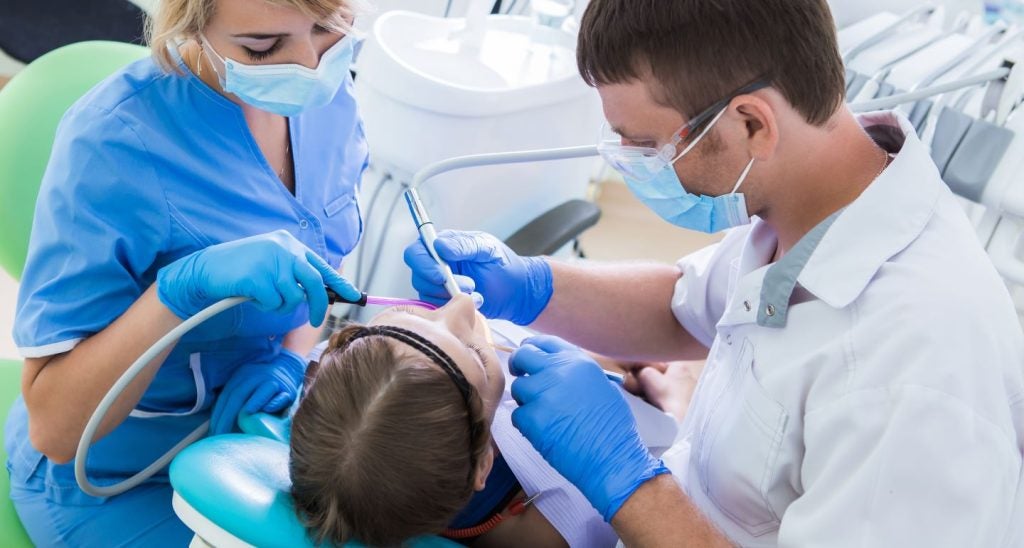
One resounding message at the EULAR symposium was that there is unquestionable need for an honest conversation between companies and physicians around the complicated questions surrounding biosimilars. The way forward is likely to be difficult and can only be achieved by reaching a consensus that is both cost-effective and safe for patients.
The symposium addressed major discussion points, including how the role of physicians and patients as treatment decision makers can be maintained, how much do physicians need to know with regards to biologic and biosimilar clinical data, how can real-world data (RWD) support decision making, and what factors should be considered when making the decision to switch to a biosimilar, and is switching actually a safe clinical practice.
The majority of physicians present in the audience stated that establishing a treatment plan is a mutual decision between the physician and the patient and should remain so, even if it means prescribing the originator over an available biosimilar. On the other hand, the company’s perspective was that if a regulator has approved a biosimilar, then there is no reason for the payer not to select the less expensive product, as biosimilars offer an opportunity to decrease cost in an already overstretched healthcare system.
Payers also pointed out that physicians don’t actually have a true choice, as their choices are restricted by the payers and if physicians are not being cost-effective then there was a suggestion of further restricting physicians’ prescribing power. If there is no real difference between the molecules and there is a lack of compelling evidence to support prescribing the originator, then payers believe that the cost of a therapy should be the driving force behind decision-making. The concluding view on this point was that physicians should begin having honest conversations with patients about biosimilars and their benefits.
Biosimilar trials present a new form of clinical evidence as they are essentially non-inferiority studies. Discussions during the symposium included whether physicians should become proficient in understanding biosimilar clinical data or if it is enough to just accept biosimilars at their face value once they have been approved by a regulatory body.
See Also:
According to payers, the fact that a regulatory body has approved a biosimilar means they are largely comparable and there is a case for limiting cost. However, it was highlighted that biosimilar trials are set up to not show a difference, with a 15% change rendered acceptable. Physicians feel that if safety was slightly compromised with a biosimilar, they would like to see more data to make more informed decisions. In addition, biosimilar trials are also prone to nocebo effects, with patients getting worse due to negative expectations of treatment prognosis, which might introduce uncertainty when assessing trial results.
How well do you really know your competitors?
Access the most comprehensive Company Profiles on the market, powered by GlobalData. Save hours of research. Gain competitive edge.

Thank you!
Your download email will arrive shortly
Not ready to buy yet? Download a free sample
We are confident about the unique quality of our Company Profiles. However, we want you to make the most beneficial decision for your business, so we offer a free sample that you can download by submitting the below form
By GlobalDataRWD is invaluable when monitoring adverse events (AE) post marketing and it could also be invaluable for monitoring marketed biosimilars. In many cases, new AEs not shown in clinical trials become apparent in RWD. However, with such a vast number of biosimilars expected to enter the market, registries will prove cumbersome and inefficient when used for biosimilars. Payers believe that clinical trial data is what truly counts for biosimilars, as they view them as copies of already approved originators with well-established safety profiles.
To date, the data on switching from a biologic to its biosimilar is not very clear and various questions remain, such as 'would switching cause nocebo in patients who respond well to the originator?', 'What is the likelihood of immunogenicity?', and 'Would physicians be encouraged to continue switching therapies as new, less expensive biosimilars are approved?'. While all of these questions remain unanswered, payers believe that if a biosimilar is approved then patients should immediately be switched.
Overall, the use of biosimilars in rheumatology presents many challenges, with multiple stakeholders expressing varying opinions on the issue. However, GlobalData believes that as long as physicians, payers, and pharmaceutical companies continue to engage in open and honest conversations, a light may appear at the end of the tunnel.







